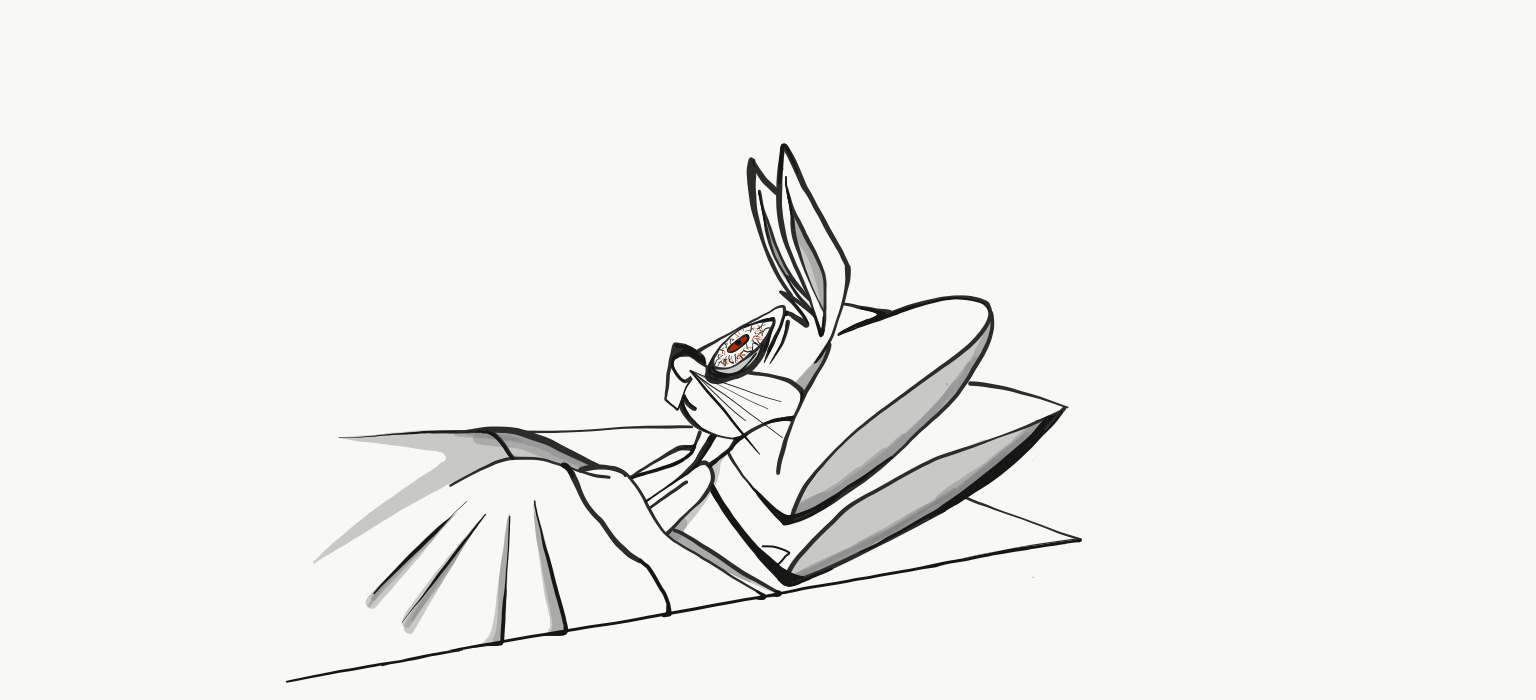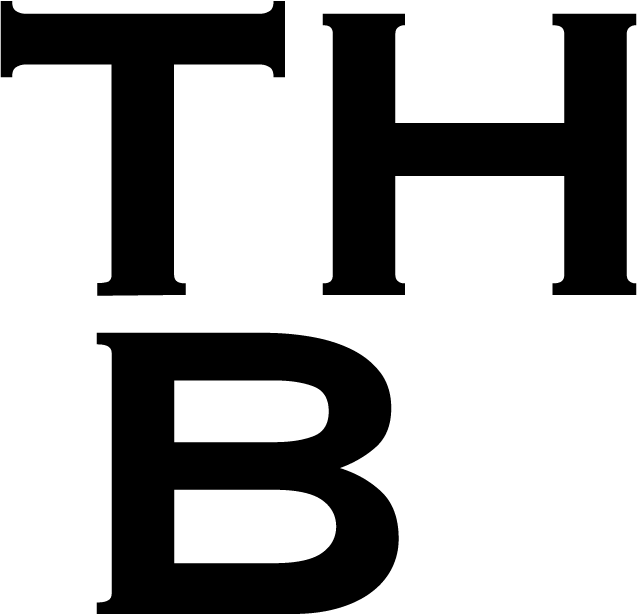
on overthinking
It is 2 o’clock in the morning. One lays on the bed, wide awake; eyes closed, seeing flickering images and bits of text; hearing one’s own voice thinking aloud in silence. Thoughts are illogically rushing through the entire body and with no understandable context. Although it may feel like we could “think” with a foot, it is clear that we can not, which stimulates this irrational rush even more : Things we have read earlier that day mix with recipes for chocolate cookies and scenes of random netflix series. Languages juxtapose and these crazy flash-citations are literally broken up by the guilty feelings of tasks we have not finished yet…
Sounds familiar?
Managers, tutors or students alike, we all have been in this exact place. No digital tool can help us out of it. Probably more of the contrary…
“ The escape into the false tranquillisation and an inauthentic life. (…) The accomplishment of different tasks requires such important contribution of us that we do not feel the need to reflect about ourselves and our preoccupations anymore. ”
CELINE BELLOQ
It is pretty sure that we are not all going collectively crazy. We are certainly overworked, stressed, in need of work-life-balance and obviously overthinking stuff. This comes back to haunt us in the dark and silent hours of the night. When we are with and on our own; When there is no information on screens to be scrolled through, whatever-tasks to be fulfilled and no real activity to be activated, except for sleeping… quite a thing to be asked!
how to deal with chatter?
Ethan Kross, an American experimental psychologist, neuroscientist and writer, is calling this “chatter”. Following his research, having thoughts, as well as remembering things, is very similar to talking to one-self, just silent and invisible to anybody else. We all have at least one voice in our head. On good days, when the so-called inner-voice is supportive, when it motivates us to go on and “kill it”. Unfortunately, this voice keeps also talking on “bad” days, as part of an over-thinking or, even worse, negative-thinking downwards spiral. This is having a profoundly negative effect on our sleeping pattern, therefore our professional performance and logically sooner or later on our private relations and therefore on our sleeping pattern et cetera (Walker, 2017).
Even the best and most talented among us often struggle to quiet the doubting, daring or criticizing voices in their heads. In his new book, Kross shows a few possible solutions on how to get the best out of the sometimes oppressing situations. Imagine my surprise, when I saw that a lot of them were somewhat natural reactions I had come up with at an early age, without really knowing that they were just odd coping mechanisms. Apparently the same ones Lebron James and Rafael Nadal use to fight the voices in their heads. I am still sticking to a lot of them, lost a few and gained some others. I have always thought to be a slightly egocentric nerd with some quirky obsessions and rituals… I do still think so, but I have now found a possible explanation for all of them. It helps me sleep better.
I agree that coaching one-self in the third person could seem a bit too much. But, human beings are much better at giving advice than taking it. So, following Kross’ research this “self-personality shift” helps us to find another paradigm in order to really listen to and help ourselves. To really calm ourselves down : “Lebron James needs to go where Lebron James feels the happiest,” said Lebron James to/about himself (Beard, 2021).
The first reaction of people discovering something very shocking is often to start tidying or cleaning up. Their “inner-world” is a mess, so the outside world needs to be in perfect order to transmit that needed calming feeling. This is maybe a reason why I like my surroundings to be clean, in order and symmetric, who knows?
When the before mentioned Nadal was asked for the most difficult thing to cope with during a match of tennis, his answer was not his physical condition, his injured knee or Federer. He rather mentioned the voices in his head, telling him what was going wrong (Beard, 2021). This is why a world-class player endures being heavily “memed” off the court for his never changing pre-service rituals : Clearing the line – shaking off clay of shoes – pulling down shorts – adjusting shirt on shoulders – sweat off the nose – hair behind ears – serve.
This allows him to find his “silent head-safe-space” to get his magic done.
I think that I think too much
The amazing eponymous book of award-winning Swiss columnist Nina Kunz tells a similar story of a sleepless night, but blames it all on the “Observers Paradox”. A known phenomenon linked to academic research, in which the simple presence of the researcher is distorting the findings. Kunz mentions the sociolinguist William Labov, who coined the term in the 1970’s. The paradox refers to the issues researchers face while interviewing people to record their natural speech patterns. Thus this pattern is undermined by the researcher’s presence and questions themself. Or, can you remember the last time you were NOT turning down the swear-words and the accent during an official interview or date?
Now what has this to do with me laying awake and overthinking everything? Rather than trying to find rituals, cleanliness or third-person self speech. Nina Kunz explains that we must have been part of the observer’s paradox, just for that long sleepless night. We did not perceive the real nature of our brains. Everything was, and still is ok. We were just looking at ourselves thinking. The real issue, as with Labov, was the observation. Would we not have looked too closely, the immense masses of thoughts had probably never appeared (Kunz, 2021) and we could have all slept like innocent babies…
References:
Kross, E., Chatter: The Voice in Our Head, Why It Matters, and How to Harness It. (2021), Crown
Beard, A., HBR IdeaCast, Episode 790: Quit Overthinking Things. (2021): link
Walker, M., Why We Sleep?. (2017), Peguin
Kunz, N., Ich Denke, Ich Denke Zu Viel. (2021), Kein & Aber, Zurich
Original Cit. in French: “La fuite dans la fausse tranquillisation et la vie inauthentique…” (page 17);
Original Cit. in French: “L’accomplissement de tâches diverses exige de nous un tel investissement que nous n’avons plus besoin ensuite de penser à nous ou à nos préoccupations.” (page 17);
Belloq, C., Etre soi avec Heidegger. (2019), Editions Eyrolles


Leave a Reply